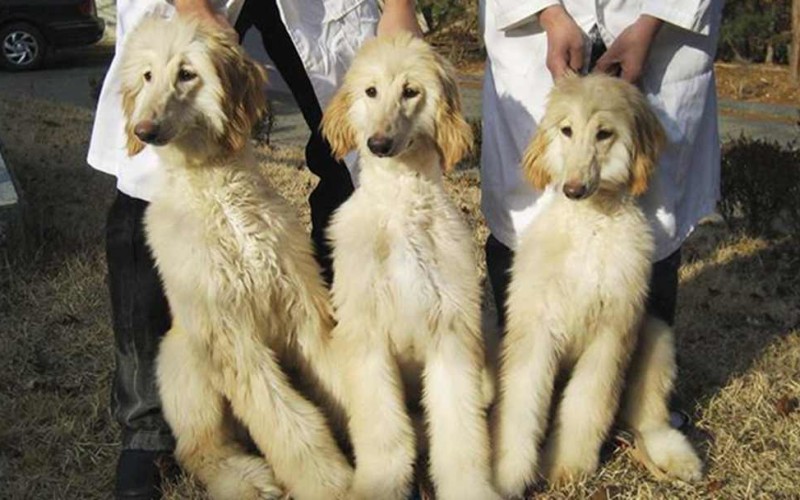-
Tips for becoming a good boxer - November 6, 2020
-
7 expert tips for making your hens night a memorable one - November 6, 2020
-
5 reasons to host your Christmas party on a cruise boat - November 6, 2020
-
What to do when you’re charged with a crime - November 6, 2020
-
Should you get one or multiple dogs? Here’s all you need to know - November 3, 2020
-
A Guide: How to Build Your Very Own Magic Mirror - February 14, 2019
-
Our Top Inspirational Baseball Stars - November 24, 2018
-
Five Tech Tools That Will Help You Turn Your Blog into a Business - November 24, 2018
-
How to Indulge on Vacation without Expanding Your Waist - November 9, 2018
-
5 Strategies for Businesses to Appeal to Today’s Increasingly Mobile-Crazed Customers - November 9, 2018
China’s Tianjin to build animal cloning factory
The new plant in the northern port of Tianjin intends to produce such animals as pet and police dogs, racehorses and cows, which will then be sold on the open market.
Advertisement
Its main building was already under construction and due to be completed by June next year, the report said.
The factory also plans to set up a cloning lab, a gene bank and a science education centre. Xu Xiaochun, chairman of Boyalife, which owns Sinica, said the centre would be able to produce 100,000 cattle embryos every year to start with, before upping the output to a million. In contrast Europe – where the first cloned mammal, Dolly the sheep, was born in Scotland in 1996 – does not allow cloning of farm animals.
With an investment of 200 million yuan ($31 million), the factory will be constructed by Sinica, Peking University’s Institute of Molecular Medicine, the Tianjin worldwide Joint Academy of Biomedicine, and the Republic of Korea’s Sooam Biotech Research Foundation.
China’s first commercial cloning company was established in September last yearin the eastern Shandong province with the birth of three pure-blooded Tibetan mastiff puppies.
The country’s animal husbandry industry has boomed to meet the demands of its increasingly carnivorous and growing middle class, and is a major driver of demand for commercial cloning. “China has made the impression that we are followers or the copycats, but with cloning we will gradually become a global leader”, he added, apparently missing the irony of launching a cloning center while eschewing the label of “copycat”. According to China Daily, this venture is an animal cloning pioneer, with 550 dogs for special airport security and customs tasks projected to be cloned by the end of 2015.
Advertisement
Sooam is run by Hwang Woo-Suk, who claimed in 2004 to have derived stem-cell lines from cloned human embryos, a world first, and was lauded as a national hero in South Korea before it emerged that his research was fraudulent and riddled with ethical lapses.




























